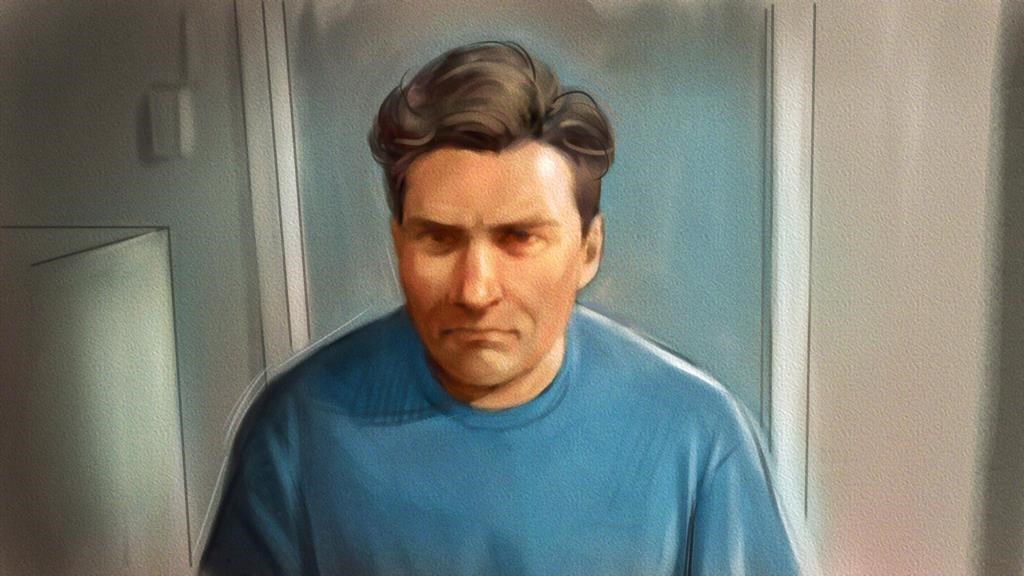Canada
Parole board says it is working to ‘accommodate’ victims’ families presence at Paul Bernardo parole hearing

The Parole Board of Canada (PBC) says it is making every effort to accommodate the families of Kristen French and Leslie Mahaffy in attending an upcoming parole hearing for notorious serial killer and rapist Paul Bernardo.
The move comes after the lawyer representing the families said they have been barred from attending next week’s hearing. In a letter to PBC chair Joanne Blanchard, Correctional Service of Canada commissioner Anne Kelly, and Public Safety Minister Dominic LeBlanc, lawyer Tim Danson argued his clients have the right to deliver their victim impact statements in person.
“We have just been advised that the families’ statutory right to be physically present at Mr. Bernardo’s Nov. 26, 2024, parole hearing and to read their Victim Impact Statements in person, in the physical presence of Mr. Bernardo and the Parole Board panel, has been denied,” Danson wrote in a letter dated Nov. 19.
“As someone who has represented the families for over 30 years and knows them like family, it was nothing short of gut-wrenching to experience the painful and heartbreaking reaction of Debbie Mahaffy and Donna French when they learned that the PBC was prohibiting them from representing their daughters [and themselves], and denying them the right to confront Paul Bernardo, in person, through the reading of their Victim Impact Statements.”
Bernardo is serving a life sentence for the kidnapping, assault and murders of 15-year-old French and 14-year-old Mahaffy in the early 1990s near St. Catharines, Ont.
He is scheduled to attend a virtual parole hearing on Nov. 26.
Danson said his clients are not being allowed to attend the hearing because the parole board cannot ensure safety and security.
“Other than a bald reference to the PBC being ‘unable to ensure safety and security of all hearing attendees,’ we have not been provided with any further details,” he writes.
He argues that these concerns were not mentioned during Bernardo’s first parole board hearing at Millhaven in 2018. Bernardo’s second parole hearing was held virtually in 2021.
The lawyer also said that if security is a significant concern, Bernardo should be transferred back to a maximum-security prison.
“How can there possibly be any such concerns at the La Macaza Institute, a medium security facility? If such concerns have now arisen, why hasn’t Mr. Bernardo been transferred back to Millhaven or some other maximum-security institution?” Danson wrote.
Danson is also asking for the hearing on Nov. 26 to be adjourned to “Dec. 2024 or some other date that accommodates the families and counsel so they can travel to La Macaza and read their Victim Impact Statements in person.”
In a statement, a spokesperson for LeBlanc said their “hearts go out to the families of the victims, who continue to live with the trauma caused by this individual’s abominable crimes,” but adds that the “Parole Board is an arms-length quasi-judicial body. Its decisions are made independently.”
In a statement provided late Wednesday to CityNews, the PBC says it will now try to accommodate the families’ in-person request.
“The PBC makes every effort to accommodate a victim’s requested method of attendance. The Board is currently working to accommodate the in-person presentation of statements by victims at the November 26th hearing of Paul Bernardo, for those victims who wish to do so,” the PBC says adding that attendance by videoconference is also an option.
“Victim statements, whether submitted in writing, via video or audio recording, or presented at a hearing in person or by videoconference, carry the same weight and are considered in the same way by Board members in their decision-making.”
Last year, the Correctional Service of Canada (CSC) reviewed Bernardo’s controversial transfer from Millhaven Institution, a maximum-security facility, to La Macaza Institution, a medium-security prison, on May 29, 2023, and found it to be “sound.”
His transfer sparked outrage and calls from the Conservatives for then-Public Safety minister Marco Mendicino to resign.
The review noted that Bernardo’s move did not give him increased access to the community, saying, “He would be housed behind a secure, controlled perimeter, and his movements and associations would be regulated and monitored.”
